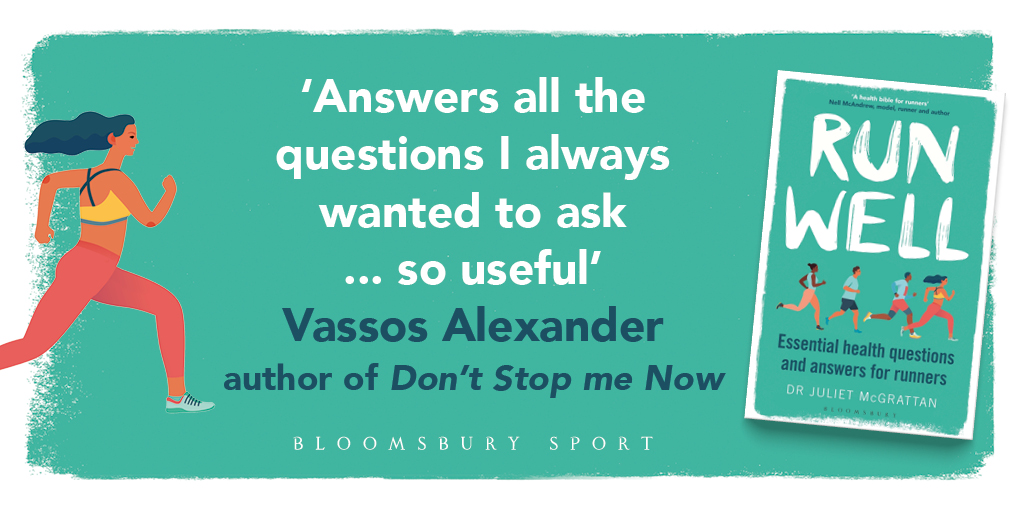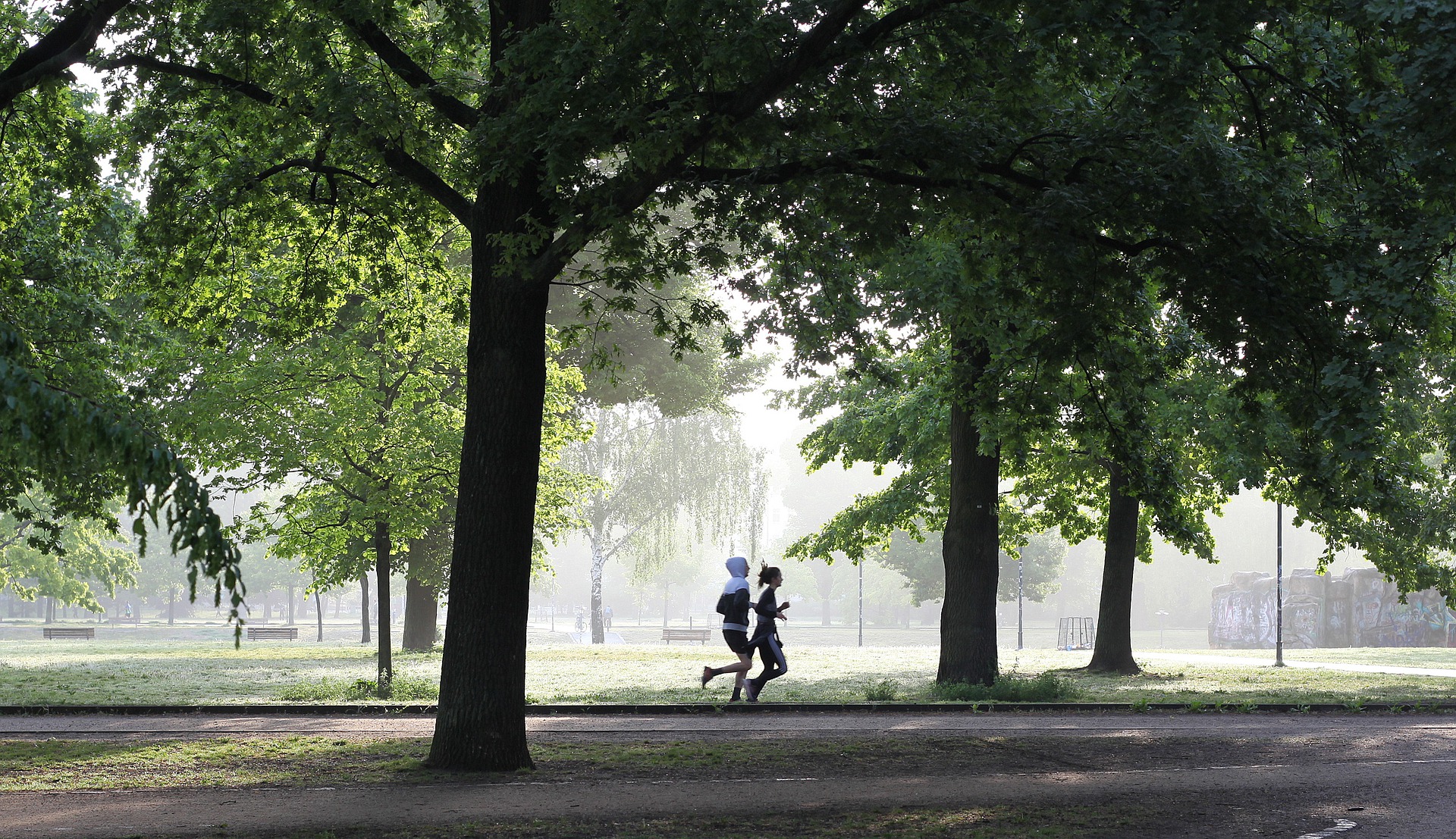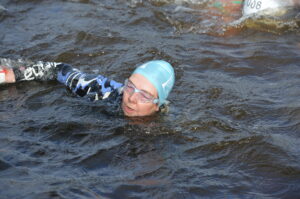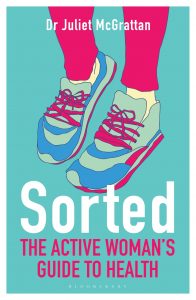Have you found your running is gradually getting slower? Are you trying to run faster but not making any progress? Are you frustrated and asking yourself, “Why is my running so slow?” or “How can I run faster?’ then this post is for you.
Slow running is good
First things first, slow is fine. You don’t have to run fast for it to be beneficial for you or for you to enjoy it. You don’t ever have to increase your speed if you don’t want to. There’s absolutely zero pressure from me when it comes to speed. I’ve had my most fun at the back of races and my favourite runs are slow and chatty with a friend. Slow running also has it’s place in training.
But what is really frustrating is when despite training hard and wanting to increase your running pace, you’re just getting slower. Have you experienced that?
There are lots of reasons you may be getting slower. If you can work out what the underlying reason is, it’s much easier to address it. You can then reap the rewards in your running.
Reasons for running getting slower
Let’s explore some of the very common reasons you might be crawling along at the moment:
Life. Running takes energy but so does life. If you’re busy at work, stressed or coping with a lot then that will have an effect on your running. Yes, running can help you through life but always be aware how much you have on your plate and don’t be afraid to adjust your running accordingly. Perhaps slower runs are all you can manage right now. Just enjoy them and take the pressure off yourself, you’ve got enough of that from elsewhere.
Menstrual cycle. Is there any pattern to your running speed? If you have a cycle you might find that there are certain times of the month when you don’t run as quickly. That could be premenstrually, just before your period if you’re feeling bloated and tired. Some women find that longer slower runs suit them best in the second half of their cycle. It’s all about identifying how it affects you. There’s not enough medical evidence to make generalisations about this. Track your runs and your cycle and see if there are any links and what works for you.
Perimenopause. In the lead up to the menopause (when you haven’t had a period for 12 months) many women find their running performance drops. It’s common to get slower and just generally find running harder. Hot sweats, sore breasts, weight gain and many of the other symptoms of the menopause can affect your running. Frustrating though it is, it’s best to try to stay positive and not be too hard on yourself. I have a new resource to help you coming very soon so sign up to my blog and you’ll be among the first to know about it.
Over training. You can definitely have too much of a good thing. You don’t get fitter when you exercise, it’s actually when you recover that your body strengthens itself. It’s vital to have enough rest and recovery and to keep an eye on the frequency and intensity of your running (and other exercise too). More is not always better. Give that body a rest sometimes and increase your sleep too. Often cutting back will give higher rewards.
Inadequate fuel. Your body needs fuel like your car needs petrol. You can’t run without it. It’s easier than you think to slip into a negative energy balance. Listen to my podcast with expert sports dietician Renee McGregor to learn all about RED-S (Relative Energy Deficiency in Sport). It can be an accidental thing, you’ve increased your training but not changed what you’re eating. It’s a very difficult balance if you’re trying to lose weight alongside your running. if meals are a bit haphazard because of a busy life, just making sure you’ve eaten before you run is a positive step.
Not training smartly. If you’re slowing down and not making the progress you want, you might benefit from taking a look at how your running week is planned out. Speed session after speed session or hill repeat after hill repeat might be wearing you out. Your muscles aren’t getting the time they need to adapt to the load you’re putting on them. A nice mix each week is best, one or two speed sessions (with a day or two between them), a tempo run and a long slow run for example. If you’re tired out then drop a run and cross train with a swim or some time on the bike. Every fourth week give yourself an easy week. Don’t keep adding more and more to try and get faster, it doesn’t work like that. Less can be more! Read my blog on How to Run (a bit) Faster for some ideas.
Inconsistent running. This was a big one for me! I was frustrated with my running but I realised I wasn’t actually getting out for a run that often so what did I expect? Be honest with yourself. Slowing down could be a sign that you’re just losing some fitness because you aren’t doing that much exercise. That’s ok, you know what action you need to take. And, if you aren’t in a position to take that action right now then don’t beat yourself up. There will be a time in the future when you are, just keep ticking over and enjoy what you can do.
Note that I haven’t put age on this list. It’s accepted that as you get older you won’t be able to run the speed you did in your youth but so many of us come to running late in life. We still have so much potential to fulfil. I still believe I have more P.Bs in me. At some point I might accept defeat but I’m definitely not there yet. And if I cant go faster, then I’ll just go further!
If you feel like you’re getting slower, I hope this has helped you to take a step back and consider what the real reason might be. It’s most likely a combination of things. Control what you can and don’t worry about what you can’t. Running doesn’t care what speed you do it at. The most important thing is to keep moving forwards.
Enjoyed this post? You’ll love my book Run Well: Essential health questions and answers for runners. I’ll help you break down all your running and health barriers. Published by Bloomsbury and available to buy now.

Featured Image by wal_172619 from Pixabay








Definitely inconsistency here, that and the fact that I’m a bit heavier than I should be too. It doesn’t help.